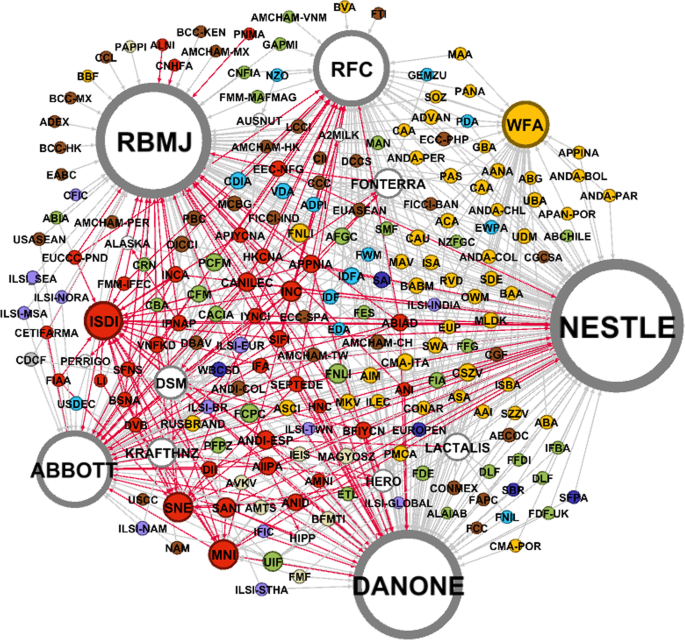

Patti Rundall on 07786 523493 – Supporting information Professor Chandra is now selling IMMUNOBOOST nutrition supplements in India as Chairman and Managing Director of Peridot Life Sciences. Baby Milk Action is currently promoting the boycott through International Nestlé-Free Week (26 October – 1 November). Nestlé is the target of a boycott because of its systematic violations of baby milk marketing rules. But it is a multi-million pound market and Nestlé is today effectively encouraging parents to self-diagnose their children as being at risk of developing cows’ milk protein allergy, while it targets health workers with misleading information and study days.” As it embarks on another major marketing campaign for these milks, independent reviews cast serious doubts on the validity of the claims it makes today, with the Cochrane Library, Food and Drug Administration (FDA) and National Institute of Health and Care Excellence (NICE) all stating there is little or no evidence of any benefit from these formulas. Nestlé used Chandra’s discredited research for over a decade to build the marketing for so-called hypoallergenic formulas.

“This scandal demonstrates the importance of scrutinising company-backed research and seeking out independent information. Mike Brady, Campaigns and Networking Coordinator at Baby Milk Action, said: Nestlé has recruited a network of Clinical Representatives, with a job description giving their main responsibility as obtaining brand endorsements for SMA products from health professionals. Nestlé’s “NEW SMA HA Infant Milk” is the focus of a new marketing campaign targeting health workers in the UK (below, Nestlé continues to claim that its SMA HA Infant Milk is “clinically proven to reduce risk of developing cow’s milk protein allergy”). Nestlé, Mead Johnson and other companies continue to promote hypoallergenic formulas. This week the BMJ finally retracted a Chandra study it published in 1989 based on research he conducted for Mead Johnson: “This concluded that mothers with a family history of allergy should use hypoallergenic (hydrolysed) formula feed if they were not breast feeding.” Chandra sued CBC and a jury ruled this summer that the allegations against him were “true”. In 2006 the Canadian Broadcasting Corporation (CBC) ran a three-part investigation into Professor Chandra (watch it at the bottom of this post). Chandra’s study and asked Memorial University where he was based to investigate. BMJ Editor-in-chief at that time, Richard Smith, asked a statistician to look at it and was told that “the data had all the hallmarks of being entirely invented.” The BMJ rejected Dr.

Chandra’s research from the beginning), for action to be taken.Ĭhandra’s reputation as a scientist started to unravel when he submitted a study to the British Medical Journal in Spring 2000 about the effects of his own patented multivitamin on the memories of seniors.

The work of Professor Ranjit Chandra came under scrutiny in 1994, when a nurse who worked for Chandra on his research in Canada revealed that published papers referred to far more mothers and babies than had been recruited to the studies. It has taken decades of campaigning by Baby Milk Action, editors and journalists, and other IBFAN groups, particularly Infact Canada (which questioned Prof. Claims for these products have been challenged since the 1980s. The British Medical Journal (BMJ) announced yesterday that it has finally retracted a fraudulent study used by Nestlé, Mead Johnson and other formula companies to weaken laws all over the world in order to create a multi-million pound market for so-called hypoallergenic formulas. Media coverage: Huffington Post 5 November Baby Milk Action press release 29 October 2015


 0 kommentar(er)
0 kommentar(er)
